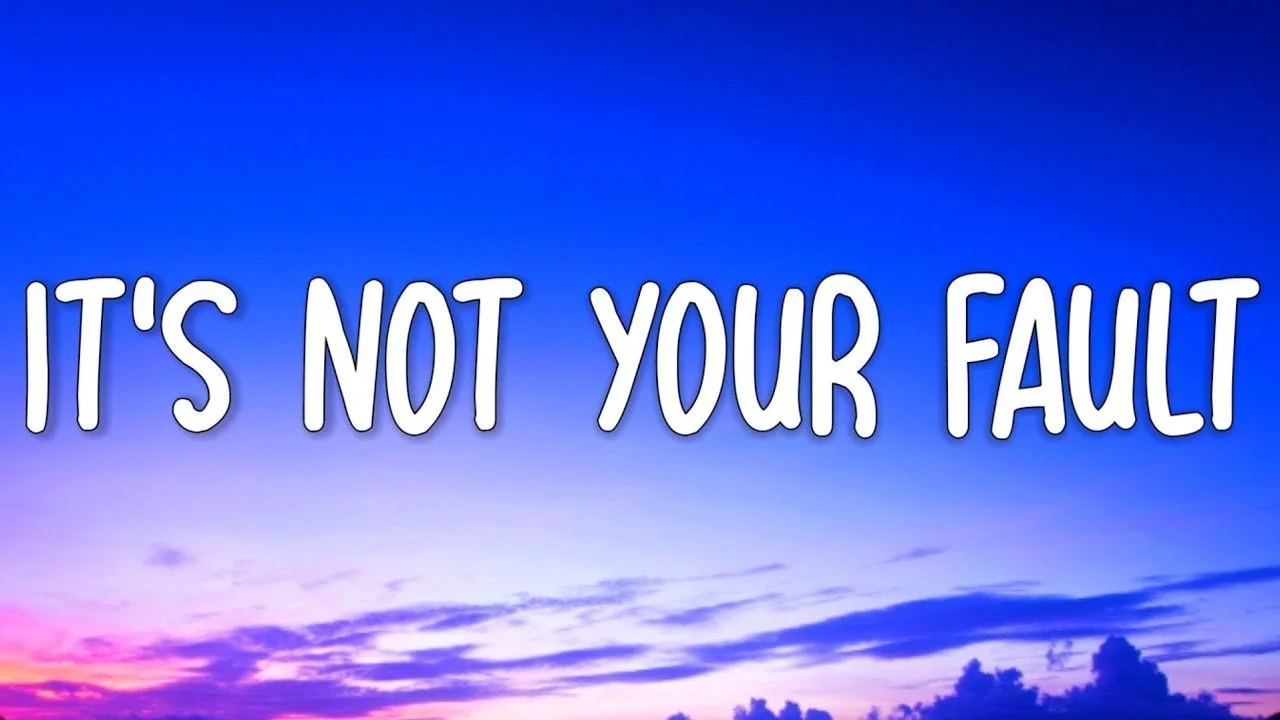How to Explain Custody to a Child: Gentle Approaches
Everyone suffers in a custody case.
But, the children suffer the most.
That's why I'm going to share three things when you aren't sure how to explain custody to a child custody arrangement.
What should you tell your children during a child custody case?
During a child custody case, you should repeatedly tell your children three key messages: 1) This separation/divorce is not your fault, 2) It is not your job to fix this adult problem, and 3) Both parents love you very much. Use these exact words as children are very literal. Reinforce these messages frequently.
Key Takeaways:
Children suffer the most in custody cases, so it's crucial to reassure them properly.
Tell children: 1) This is not your fault, 2) It's not your job to fix this, and 3) Both parents love you very much.
Repeat these messages frequently as children are very literal and will dwell on the situation.
Helping Children Navigate Divorce: Three Vital Messages You Must Share
Before we get into the nitty-gritty, you need to know that kids are very literal in their understanding.
So you need to make sure that you use these exact words.
Also, kids are going to be dwelling on this stuff throughout the whole entire process.
So it's smart to repeat these things to them periodically throughout time.
Here are the three things:
This is not your fault.
Invariably, kids are going to be blaming themselves for the separation or high-conflict divorce.
And you need to reaffirm to them that this is not their fault;
It is not your job to fix this.
Like all human beings, children like to help the ones they love by fixing their problems, letting them know that it's not their issue to fix; and
Remind them that both parents love them very much.
When explaining custody to a child, it's crucial to emphasize that both parents love them deeply, even if the custody schedule means they spend time apart. If you and your co-parent aren't on the same page about expressing this jointly, focus on conveying your own love consistently.
Repeatedly tell the children involved, "I love you so much," especially when you sense your child's life becoming stressful due to custody arrangements. This message can't be overstated as they adjust to new family dynamics. Say it often, particularly during transitions or when your child seems anxious.
Remember, a child cannot hear "I love you" too many times from one parent during this period. Your unconditional love provides crucial support as they navigate spending time between two households.
If you notice ongoing struggles, consider seeking individual or family counseling.
A professional can help reassure and support children through the tough transitions tied to custody arrangements, reinforcing the message that both parents love them, even if you're not comfortable expressing it for your co-parent.
Similarly, I have shared How to Tell Kids About Divorce. Do check it out If you don’t know the right process of doing that.
FAQs (Frequently Asked Questions)
1. Why is it important to reassure children during a custody case?
Children often internalize blame and responsibility for divorce or separation.
Reassuring them helps alleviate guilt and confusion, fostering emotional stability during a tumultuous time.
2. How can parents effectively communicate with children about divorce or separation?
Using clear, age-appropriate manner language and repeating key messages periodically can help children understand and internalize reassurances.
Consistency and honesty are paramount in maintaining trust and emotional well-being.
I have also explained at what age can a child testify in court on this site a few days back.
3. What role do parents play in mitigating the impact of divorce or separation on children?
Parents serve as emotional anchors for children during custody cases.
By affirming that the separation is not their fault, emphasizing their love, and relieving them of the burden of fixing adult problems, parents can promote resilience and emotional health in their children.
If there is any involvement of any grandparent, I discussed who pays child support if grandparents have custody.
Conclusion
In the midst of a custody case, children often bear the heaviest emotional burden.
As parents, it's our responsibility to provide them with reassurance and stability during this challenging time.
By consistently communicating three fundamental messages – that the separation is not their fault, it's not their responsibility to fix, and that they are loved unconditionally – we can help ease their anxieties and foster resilience.
Judge Anthony mentioned how you can use the Power of Prayer and Scripture During Divorce and Child Custody Cases in one of the previous posts. Do take a look and I’m sure it’ll help you.
Judge Anthony also shared What Should You Do if Your Ex Talks Badly about You to Your Kids in a detailed article a few days back.
If you’re feeling in a custody case with a narcissist and want to learn how to beat a narcissist in court, consider registering for Judge Anthony’s free masterclass.



